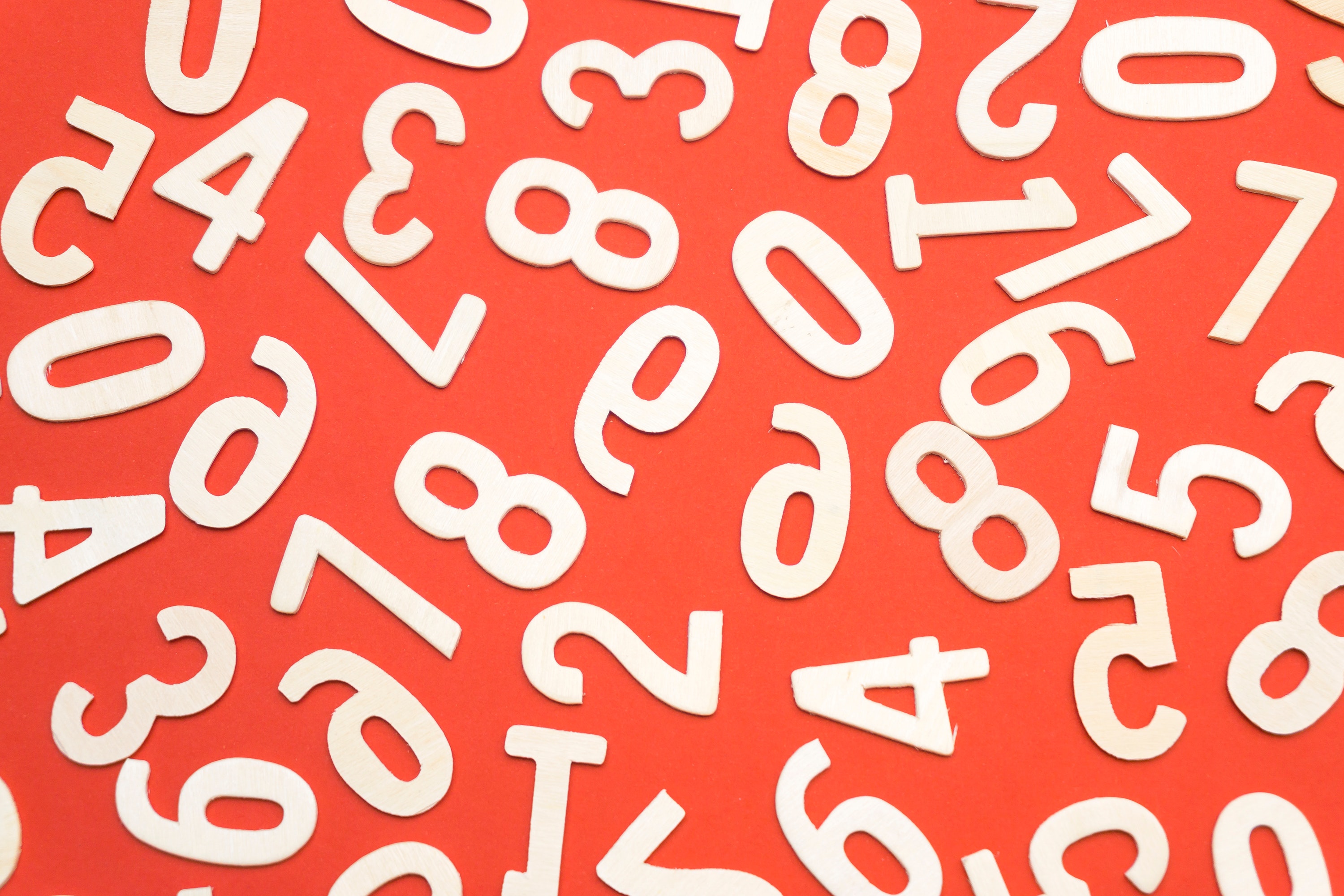Mathematics can get quirky when you talk about the theoretical or imaginary. Many of us can understand adding 5 to -1 results in 4, but when applied to the real world things aren’t as cut-and-dry. If Sally has -1 apples, that doesn’t compute well when it comes to real-world quantity. However, that doesn’t mean it can’t be fun to think about the theoretical or how something can’t possibly fit in the real world. Here are some math problems that really get the noggin working.
The Collatz Conjecture is…What?
Pick a number. If it’s even, divide that number by two. If it’s an odd number, multiply it by 3 and add 1. You’d think that with this simple concept, you might find a number that would escalate to astronomical numbers instead of shrink to 1. Well, so far no mathematician has found such a number. That is what’s called the Collatz Conjecture. Every number tested with the Collatz Conjecture has eventually lead to 1 once the Collatz process is followed. It’s a math problem that no mathematician has ever been able to “solve,” meaning there isn’t one single number that doesn’t lead to 1—or at least, it hasn’t been found yet. Interesting stuff.
The Goldbach Conjecture is Also…What?
Another math problem, similar to the Collatz Conjecture, is the Goldbach Conjecture. It’s a number theory concept that states all even integers greater than two are the sum of two prime numbers. A concept “found” by Christian Goldbach, this math problem has been tested to 400,000,000,000,000, a number many people wish they could find in their bank account. Regardless if it’s a monetary value or just a concept, we think it’s noteworthy to put here as one of the most interesting math concepts.
The Monty Hall Problem is Just Mind-Bending
The Monty Hall Math Problem is probably one of the most confusing problems on probability. The problem is stated below:
“Suppose you’re on a game show, and you’re given the choice of three doors: behind one door is a car. Behind the others, goats. You pick a door, say No. 1, and the host, who knows what’s behind the door, opens another door, say No 3, which has a goat. He then says to you, ‘Do you want to pick door No. 2?’ Is it to your advantage to switch your choice?”
The answer is actually yes. It is incredibly counter-intuitive and seemingly wrong to assume that switching door choice is to your advantage, but it’s actually true. The probability of winning after switching doors is actually 2/3 given standard assumptions about the nature of the problem. There’s plenty of information about this math problem online that we would love to list here, but it’s probably best to read up on it for further understanding.
Thanks for reading about some of the most interesting problems this week. We’ve got daily and weekly math problems over on our Zoom International Math League site if you’d like some further thinking material. Have a wonderful day.
Share this post!